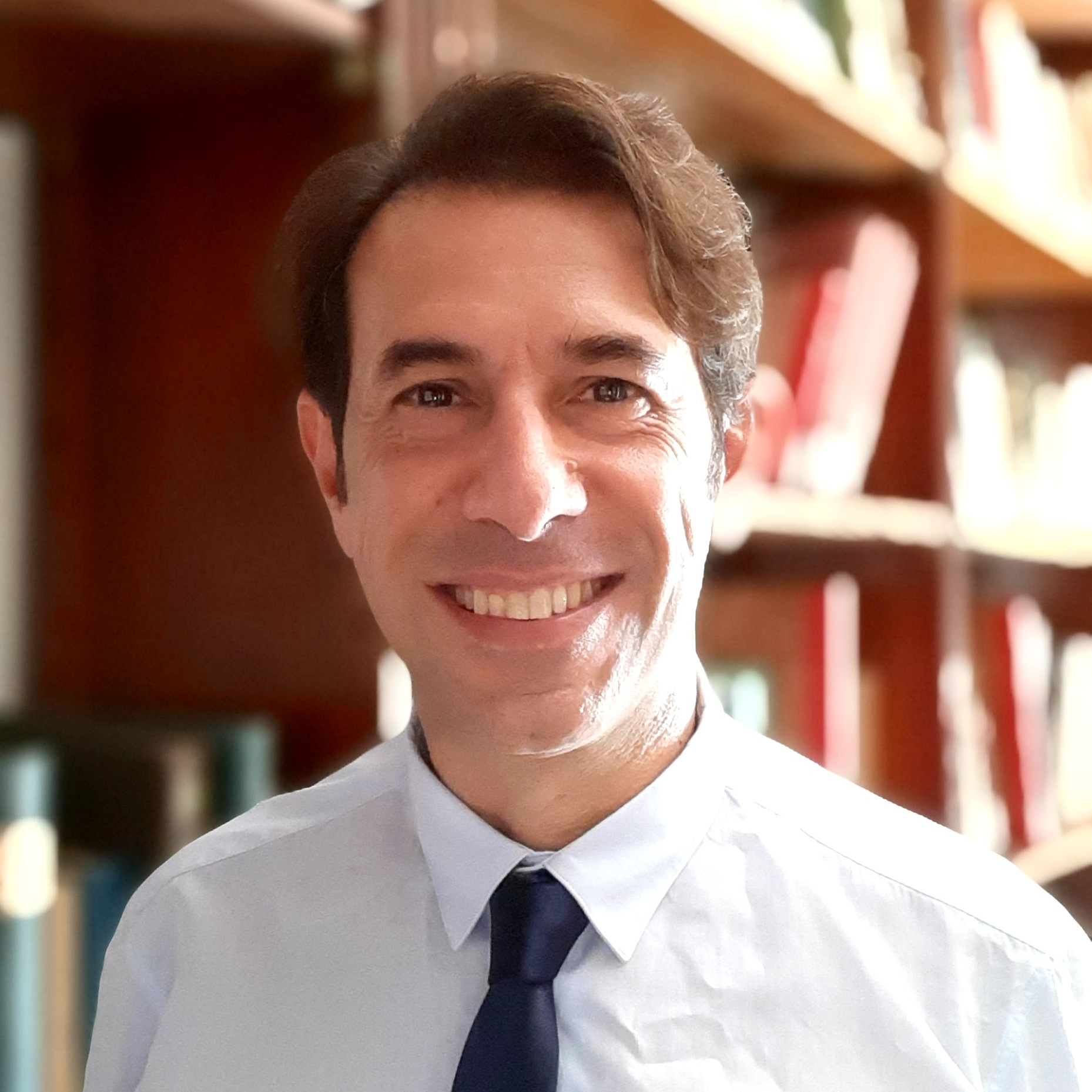
Simone Cappello
Senior Researcher
Messina
The project aims to study and develop innovative technologies and advanced materials for use in the shipbuilding supply chain, such that they can meet the needs of the companies involved in the project and the challenges posed by EU, national and regional programs in terms of smart, green and integrated maritime transport. The approach is based on two key elements: sustainability associated with performance, and life cycle. Materials, building systems and processes, on which the project focuses, will undergo a process of innovation that aims to go beyond the current level of technology.
The result of OR1 is the “optimal” joint – strong, safe, and comfortable – capable of connecting hybrid structures, in terms of materials used (polymer/metal, composite/metal) and components (hull/bulkhead), aimed at ship-weight reduction and disassembly. Innovative manufacturing processes such as laser etching/texturing, clinching, self piercing riveting, curing, bonding will be adopted. The result of OR2 is the adoption in shipbuilding of welding systems and, in particular, of friction stir welding to make bimetallic (aluminum/steel) connections. Result of OR3 is the eco and bio-sustainable composite. New reinforcing fibers (natural plant/mineral and hybrid) will be investigated, but also new thermosetting resins, which are more sustainable than those in use, will be formulated. In addition, procedures for recycling thermoset resin-based composites will be studied. The result of OR4 is the formulation of hydrophobic and antifouling coatings with biocidal action for use on boat components and fittings of different nature and use profile, and thick coatings for flame protection and acoustic/thermal insulation. Finally, an outcome of OR5 is a vessel health monitoring system in terms of assessing corrosive processes and subsequent structural damage aimed at increasing MTBM. These results will be validated and demonstrated through the involvement of companies that will test the proposed solutions on vehicles and components. What is studied and developed will be of considerable value to the companies involved in terms of visibility and competitiveness (e.g., cruise shipbuilding), with an expected economic and especially employment return.
Referent:

Programme: PON Ricerca e Innovazione 2014-2020
Web Site: https://bit.ly/36hjEUr
Duration: June 1, 2021 - November 30, 2022
Budget: 9.663.046,00 €
Budget IRBIM: 150.000,00 €
Areas of Research: